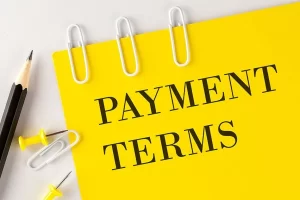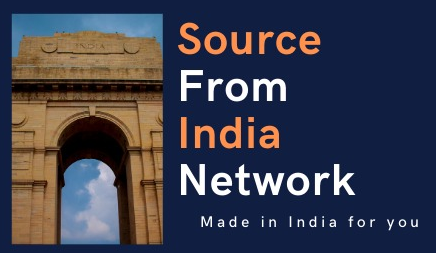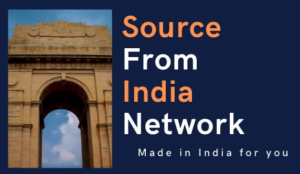Payment terms for sourcing from India can vary depending on the specific transaction, but there are some general guidelines that apply.
-
Cash in advance (CIA): This is the riskiest payment term for the buyer, as they are required to pay the full amount of the order before the goods are shipped. This term is typically only used for new suppliers or for orders with a high risk of non-performance.
-
Documents against acceptance (DA): This term is more common than CIA, as it allows the buyer to see the documents of title (e.g., the bill of lading) before releasing payment. The buyer is still responsible for paying for the goods, even if they are not satisfied with the quality.
-
Documents against payment (DP): This term is the most favorable for the buyer, as they are not required to pay for the goods until they have been received and inspected. The seller, however, is responsible for bearing the risk of non-payment.
-
Open account: This term is the most risky for the seller, as they are required to ship the goods without receiving payment in advance. This term is typically only used for established suppliers with a strong credit history.
-
Letter of credit (LC): This is a third-party guarantee of payment that is issued by the buyer’s bank. The LC ensures that the seller will be paid, even if the buyer defaults on their payment obligation. LCs are typically used for high-value transactions.
The specific payment terms that are used for a particular transaction will be determined by a number of factors, including the size and complexity of the order, the creditworthiness of the buyer and seller, and the relationship between the two parties.

Here are some additional tips for negotiating payment terms when sourcing from India:
-
Be clear about your expectations upfront. Before entering into a contract, make sure that both parties agree on the payment terms. This will help to avoid misunderstandings later on.
-
Consider using a payment intermediary. A payment intermediary, such as a freight forwarder or a trade finance company, can help to protect your interests by ensuring that the goods are shipped and that you are paid on time.
-
Be aware of your legal rights. The Micro, Small and Medium Enterprises Development (MSMED) Act of 2006 limits payment terms to SMEs in India to 45 days. If you are sourcing from an SME, you may be able to negotiate shorter payment terms.
By following these tips, you can help to ensure that you get the best possible payment terms when sourcing from India.

